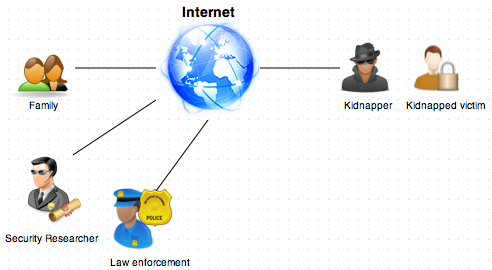DHS Chief Uses ‘Sandy’ to Underscore Cybersecurity Threats
While the eastern United States recovers from this week’s devastasting storm, the nation’s Homeland Security chief used “Superstorm Sandy” to promote the importance of national cybersecurity protection.












